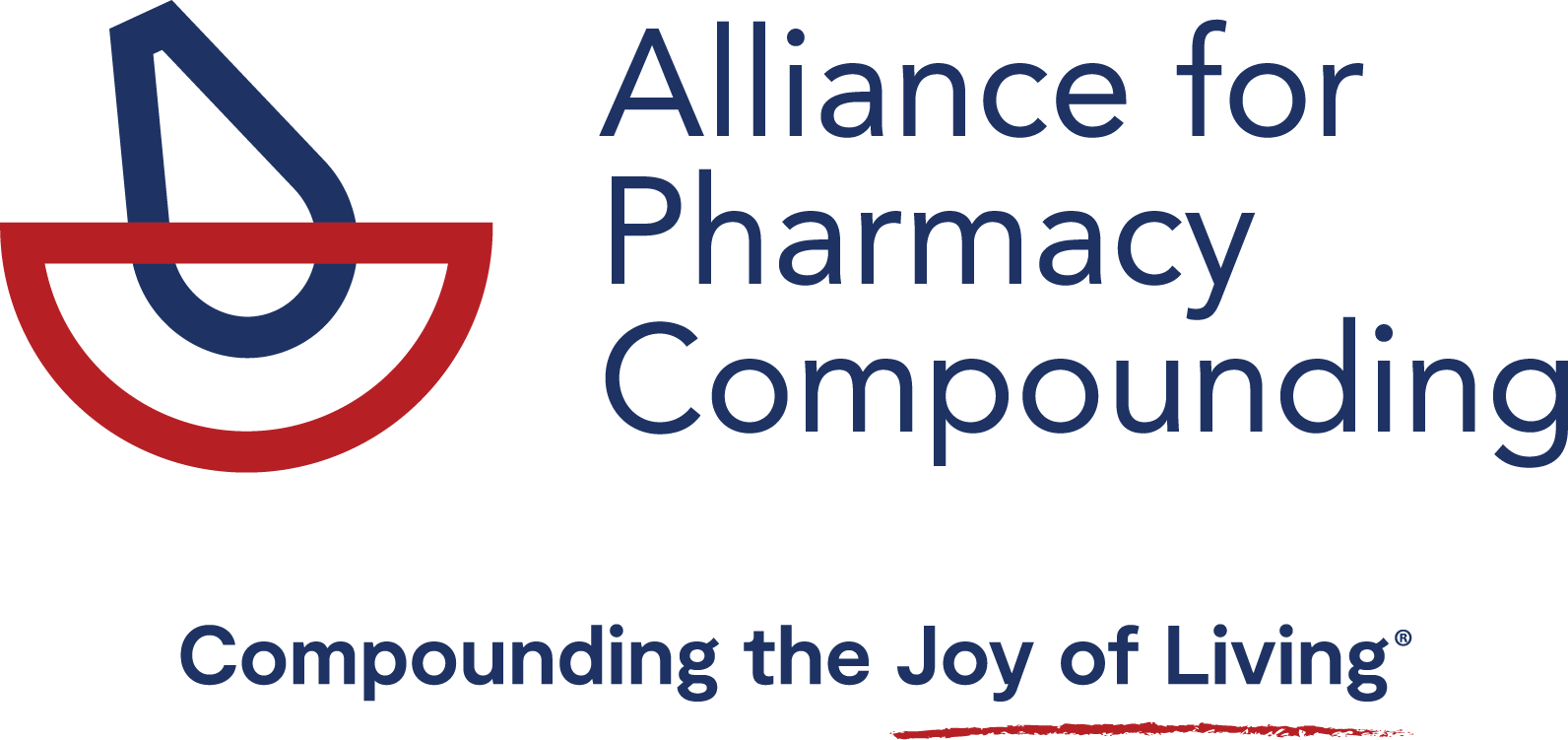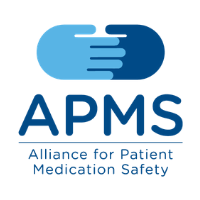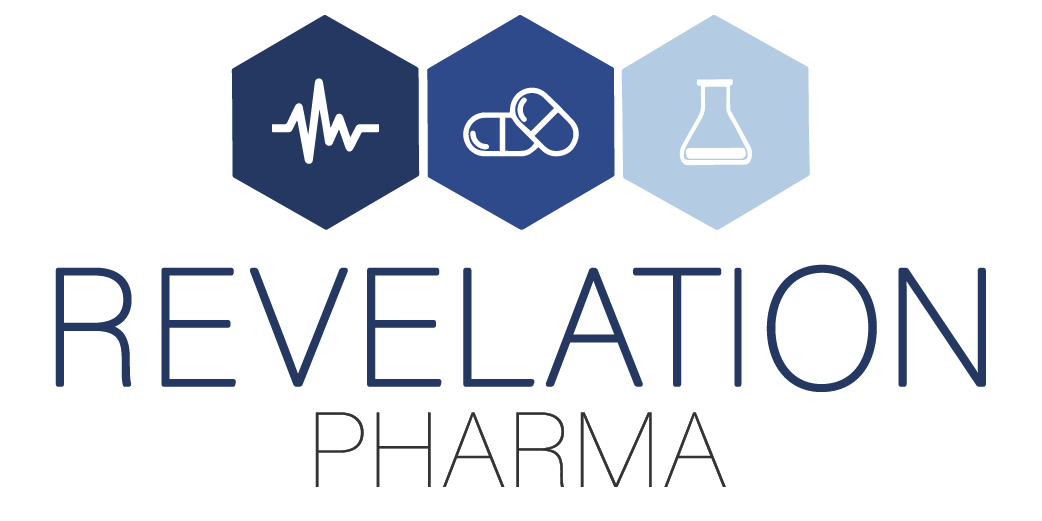August 24, 2022
Nearly 2,000 prescribers urge FDA: Preserve access to compounded hormones
A letter signed by 1,957 prescribers of compounded hormones was submitted this week to FDA Commissioner Robert Califf urging that he preserve continued patient access to compounded hormone therapy.
“We are deeply concerned that FDA may consider restricting access to compounded hormones—life-enhancing therapies that patients have relied on for years—and that it may do so based on a flawed 2020 report it commissioned from the National Academies of Sciences, Engineering, and Medicine,” the letter states.
According to Alliance for Pharmacy Compounding CEO Scott Brunner, the prescriber letter to Commissioner Califf follows similar input to FDA from pharmacy associations, members of Congress, and patient organizations expressing concern about bias, conflicts of interest, and a lack of scientific rigor in the FDA-funded NASEM report on compounded hormones.
“This threat to patient access and care is one that concerns not only compounding pharmacists, but also prescribers, who stand to be deprived of certain longstanding therapies that are benefitting their patients if FDA restricts compounded hormones,” said Brunner. “This letter is an expression by prescribers of that concern.”
In the letter, prescribers state that the NASEM report’s recommendations for across-the-board restrictions on compounded hormones—therapies millions of American women and other patient populations clearly benefit from and have come to rely on—“would interfere with the practice of medicine and prevent us as practitioners from treating our patients with therapies that in our medical judgment are best for those patients.”
The letter notes that access to compounded medications provides the ability for a prescribing physician to uniquely tailor and personalize medications to meet the needs of individual patients for whom, in the prescriber’s judgment, commercially available drugs are not suited.
“Without that ability for prescribers to customize certain dosage forms and strengths, many patients would simply be out of luck,” said Brunner. “That’s precisely why Congress carved out an essential role for compounded medications in the Food, Drug & Cosmetic Act in the first place.”
The signers support expanded education on the use of bioidentical hormones for all healthcare practitioners involved in caring for patients, as well as creation of a reasonable, consistent framework for adverse event reporting for compounded medications.
“APC stands ready to work with FDA in collecting and assessing patient-reported outcome data related to compounded hormone therapy, because we believe that data validates that compounded hormone therapy is helping patients live healthier, fuller lives,” said Brunner. “We’re also willing to work with FDA to develop a state-based adverse events reporting regime for compounded medications.”
Learn more about FDA’s implicit threat to restrict compounded hormone therapy at compounding.com.



















![Topi-CLICK a Division of TEAM Outlines[1]](https://a4pc.org/files/Topi-CLICK-a-Division-of-TEAM-Outlines1.png)













